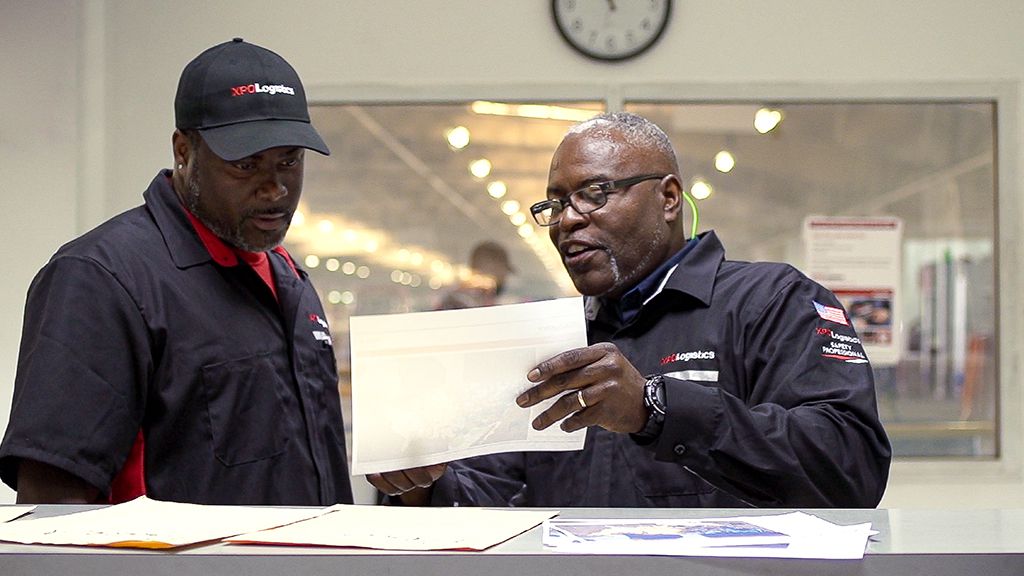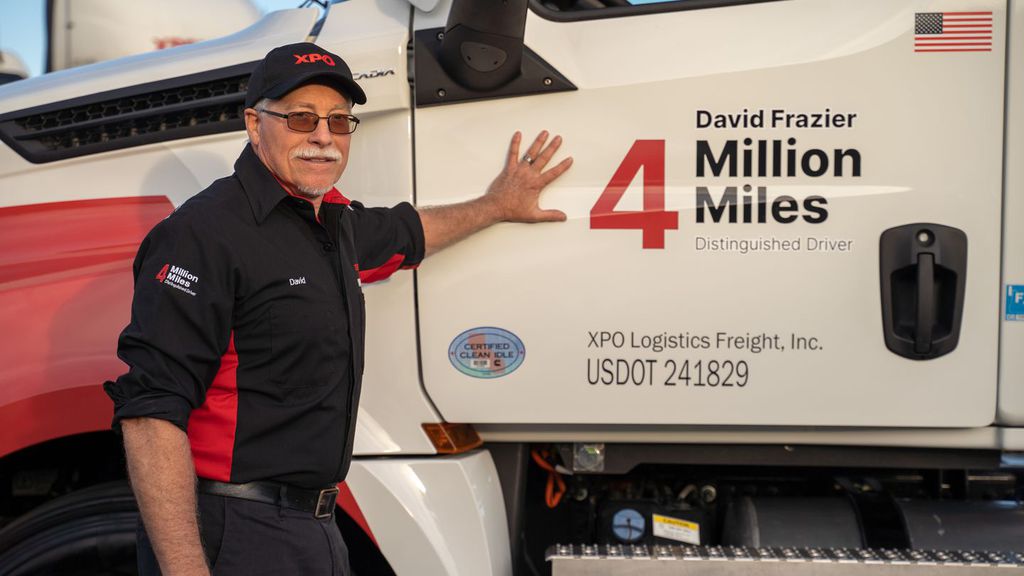Five Things to Look for When Selecting a Customs Broker
There are a lot of regulations that apply when moving freight between countries. It’s a dynamic environment, with frequent changes to regulations and other requirements. Just when you think you have a handle on the process it can change, and then change again.
Navigating customs regulations is essential for successful cross-border LTL shipments. A customs broker provides invaluable expertise, handling required paperwork and acting as your liaison with U.S. and Canadian customs agencies. If you’re responsible for managing cross-border LTL shipments for your company, it’s good business to partner with an experienced customs broker. This partnership minimizes the risk of costly delays and ensures efficient border crossings.
Here are five things to look for when selecting a customs broker for your cross-border LTL shipments:
Essential Freight Transportation Guides and Tips
Trade Show Shipping: 10 Green Flags for Success
How to Ship to Mexico in 6 Steps
Common Mistakes: 4 Reasons for Delays at the Border
Freight Protection: Green Flags to Keep Your Cargo Safe
How to Calculate Your Freight Class?
Timely Tips: Product Launch Shipping Strategy
Exhibit with confidence: A Comprehensive Trade Show Shipping Guide

1. A customs broker that fits your specific needs will deliver more value
The broker should be a true partner to your company by matching their capabilities to your expectations. Ask what they bring to the table to make them the best choice for the services you require. Also:
- Are they accessible when you need them? Will they be responsive to you, and do they have the tools to communicate in the way you need?
- Do they have all the software and other technology to manage your shipments and support your account?
- Is their focus on customs compliance? This should be their specialty.
Allow time to research different brokers and find the best fit for your company. Shop around, get references and make sure their strengths align with your needs.
2. Find a broker who knows your industry and can handle your shipment volumes
Each industry has its own set of rules and regulations for cross-border shipping. Choose a broker who’s experienced with your industry and its regulations. Industry-focused brokers will keep up with changes in policies and regulations, and ensure that your shipments are in compliance.
Don’t assume a broker is knowledgeable based on their size or what they say they offer — ask them for details about their experience and resources to gauge whether they really know your industry, can manage your shipment volumes and facilitate on-time clearance within budget.
Get the latest news and updates on XPO
3. Align the custom broker’s locations with the ports you ship into
This is especially important if you ship through multiple ports. Select a broker with offices in the ports you ship into, and ensure they operate on a 24/7 basis. Freight doesn’t stop moving when we sleep. If you only ship through one port, then a smaller broker at that port may be right for you and can provide more personalized service.
4. Ask the broker about their relationships
Verify that the customs broker is registered and licensed in your jurisdiction and has a good reputation. The most successful brokers have strong relationships with local, regional and global government authorities. How a customs broker interacts with these officials can mean the difference between a smooth border crossing or a costly delay.
5. Use an LTL carrier that offers cross-border experience
Consider carriers with strong cross-border experience, like XPO, ensuring they understand international shipping requirements. Alternatively, partnering with a dedicated customs broker provides specialized expertise in navigating regulations and documentation. This allows you flexibility in selecting the best LTL carrier for transport and the best broker for customs clearance, optimizing your cross-border shipping strategy.
Shipping cross-border between the US and Canada doesn’t have to be a headache. These five recommendations will help you select the customs broker who can best navigate the cross-border landscape for you.
When you need reliable, secure and on-time service performance, XPO is the solution for all your cross-border LTL shipments. Learn more about our cross-border services between the US and Canada and the US and Mexico.
Further Reading


